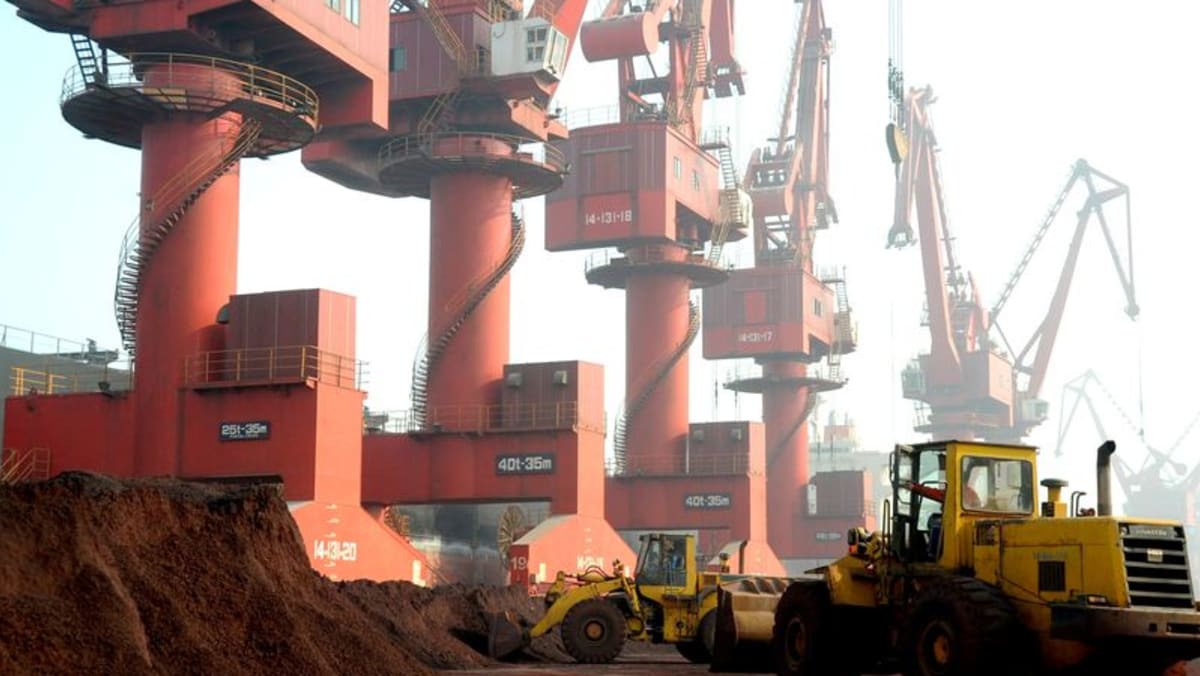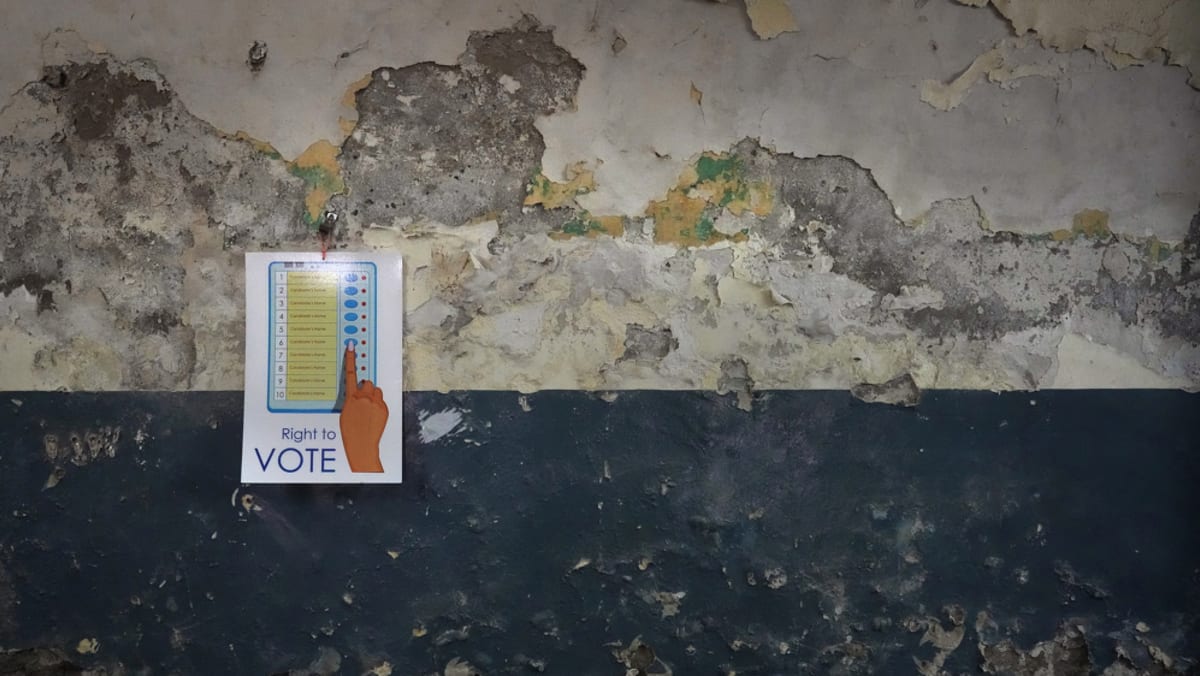Before the plane crash, Muan was perhaps best known for its delicacies including mudflat octopus and dried seaweed.

Experts from the US National Transportation Safety Board (NTSB) and joint investigation team between the US and South Korea check the site of a plane crash at Muan International Airport in Muan, South Korea, on Dec. 31, 2024. (Photo: Son Hyung-joo/Yonhap via AP)
New: You can now listen to articles.

This audio is generated by an AI tool.
MUAN, South Korea: The southwestern county of Muan, with a population of around 90,000, was previously not well known, even among South Koreans.
But today, it is the site of the nation’s worst aviation disaster in history.
The country is in mourning after a Jeju Air commercial plane carrying 175 passengers and six crew members crashed at Muan International Airport on Sunday (Dec 29).
The Boeing 737-800 aircraft, which was flying from Bangkok to Muan county, crashed into a wall and burst into flames after touching down on its belly with its landing gear still retracted and skidding off the runway. Two people, both flight attendants, are the only survivors of the disaster.
Investigators have been combing the crash site to establish a cause, with both black boxes found and decoding work ongoing.
Many Muan locals, still in shock from the tragedy, are grappling with how their county can move on.
“This isn’t just about our Muan region but also about our entire country, which has received condolences from around the world,” said one resident.
“I truly hope everything will be resolved quickly and smoothly.”
CANCELLED RESERVATIONS
Muan International Airport, which was built in 2007 to put the county on the world map, has connections domestically and to other parts of Asia.
Visitors often sought out the county’s food specialties such as its octopus, specifically the mudflat octopus. There is even an “Octopus Street” where restaurants and shops sell the delicacy.
“Octopus is abundant across the country, but here, there is something unique about it,” said restaurant owner Kim Myung-sook, who has been running her store for the past 20 years.
“The mudflats in this area are shallow compared to the deeper seas elsewhere. Due to these shallow mudflats, the octopus here is particularly tender and very delicious. Even the colour of the octopus is different.”
Her restaurant is usually bustling with people ushering in the new year. But this year, she decided to close on New Year’s Day.
“Usually at the end of the year, we get lots of reservations, but they have all been cancelled. It’s understandable. How can anyone think of eating, drinking and enjoying themselves in this situation?” said the 64-year-old.
“There is really nothing I can say to those bereaved families, no words (to help them).”
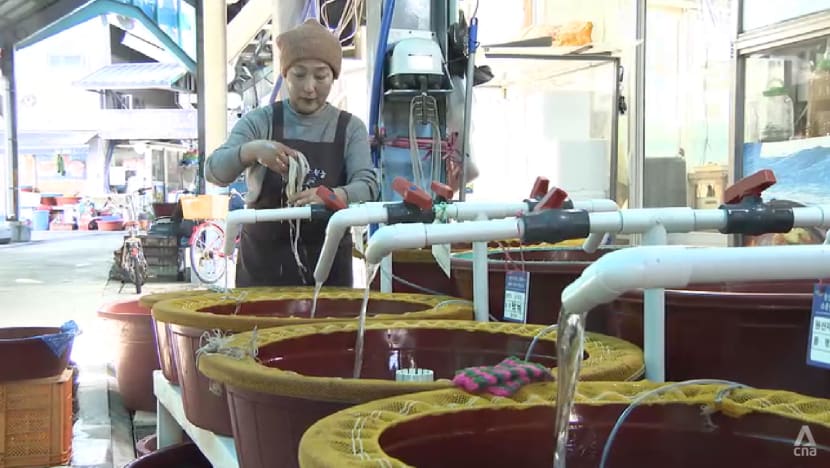 Visitors often sought out the county’s food specialties such as its octopus, specifically the mudflat octopus. There is even an “Octopus Street” where restaurants and shops sell the delicacy.
Visitors often sought out the county’s food specialties such as its octopus, specifically the mudflat octopus. There is even an “Octopus Street” where restaurants and shops sell the delicacy.
TRYING TO MOVE ON
Muan is situated along the coast in South Jeolla province, with mudflats known for its rich biodiversity.
These mudflats also contribute to producing Muan’s high-quality dried seaweed, a specialty sold across South Korea and also exported to Japan.
Dried seaweed factory owner Jo Eunkyeong has been producing dried seaweed for about six years, specifically gopchang-gim – which translates to tripe seaweed because of its shape.
The texture is a result of the seaweed being exposed to the tides during its cultivation.
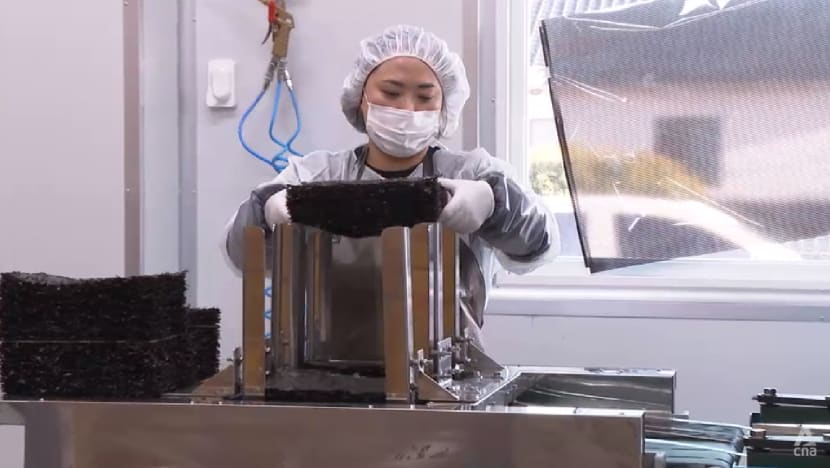 Muan is situated along the coast in South Jeolla province, with mudflats known for its rich biodiversity. These mudflats also contribute to producing Muan’s high-quality dried seaweed, a specialty sold across South Korea and also exported to Japan.
Muan is situated along the coast in South Jeolla province, with mudflats known for its rich biodiversity. These mudflats also contribute to producing Muan’s high-quality dried seaweed, a specialty sold across South Korea and also exported to Japan.
“The mudflats are the best natural purifiers. Because they are so effective, the water may appear opaque, but it’s actually the cleanest sea,” said Jo.
“When the wind calms down and the mudflats settle, the water turns into a beautiful emerald colour.”
She hopes more people around the world will visit her hometown, and that they will remember Muan not just for the plane crash but also for its uniqueness.
“I wish people around the world will not forget this painful memory,” she said.
“But I also wish that rather than being endlessly remembered for such a tragic event, we will learn from it and remember this place as one with a beautiful natural environment.”














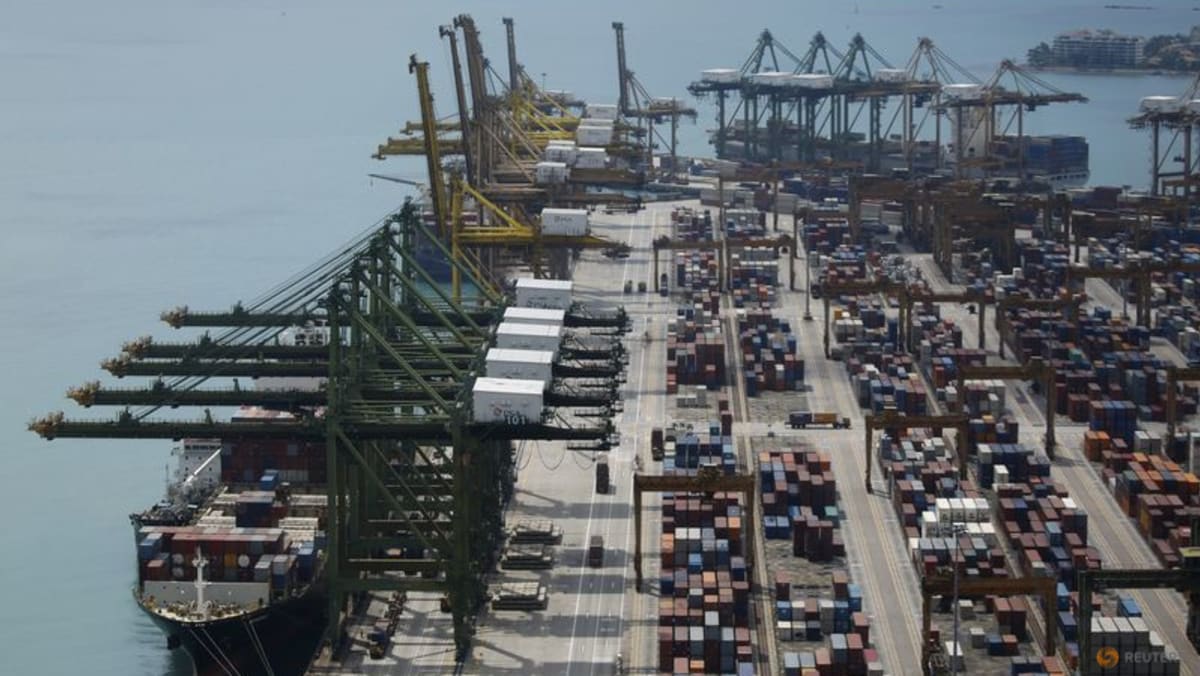


.png?itok=erLSagvf)



